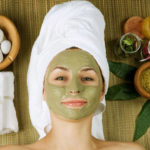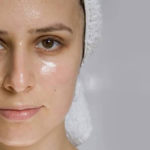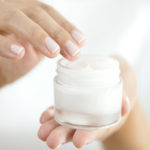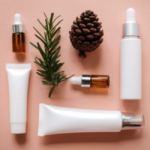Facial Cleansing
Cleanse the skin and remove makeup using an appropriate cleanser and makeup remover. Be gentle when cleansing the delicate eye and lip areas. After cleansing, replenish the skin’s oil and moisture levels with a toner, as the face may be lacking in these essential elements.
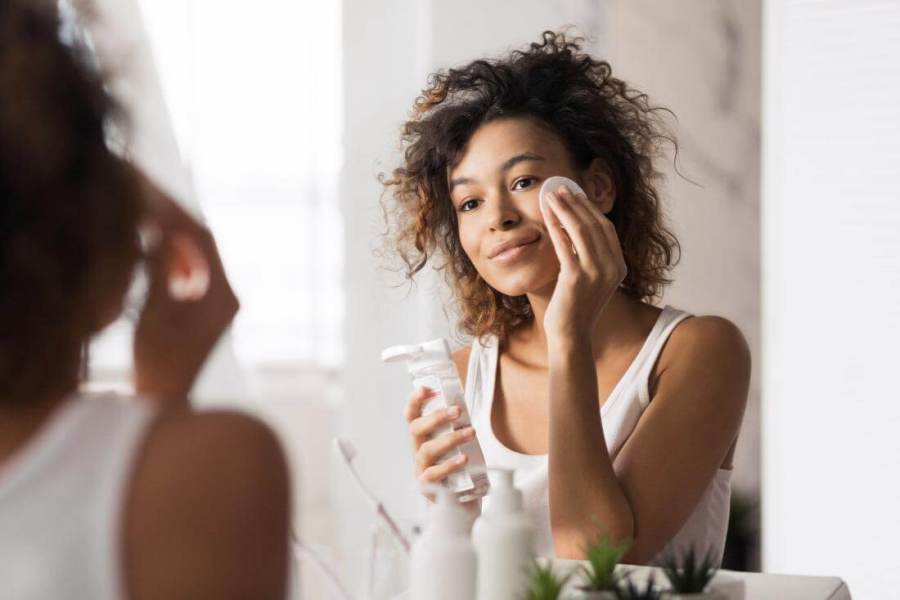
Healthy Skin Habits
Moisturizing
At night, the production of sebum is lower compared to during the day. To prevent dull-looking skin in the morning, apply a moisturizer as the final step in your skincare routine before going to bed. For those with oily skin, it can be tempting to skip the moisturizer at night to avoid excessive oiliness in the morning. However, oily skin still needs appropriate moisturization at night to balance the skin’s oil and water levels.
Additionally, oily skin tends to have enlarged pores. It is best to choose a moisturizer that is oil-free and avoid applying it on the T-zone area. Use proper massage techniques to ensure the complete absorption of the night cream.
Eye Cream Application
Using an eye cream or serum containing vitamins A, C, E, and K can be beneficial in rejuvenating the skin and reducing dark circles. When applying the cream, use the ring finger, as it exerts the least amount of pressure on the delicate eye area. This ensures a gentle massage and prevents the skin around the eyes from sagging. Apply the cream approximately 10cm away from the eyelid.
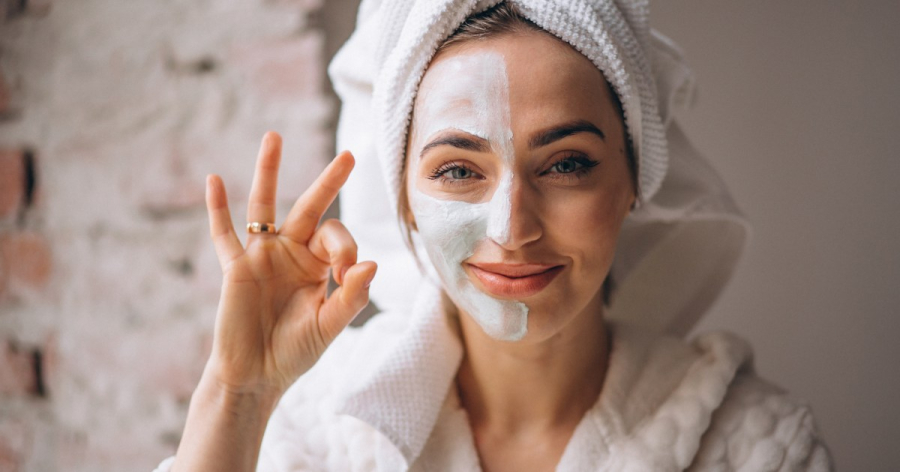
Importance of Nighttime Skincare
Getting Adequate Sleep
night’s sleep is essential for the body to repair and rejuvenate itself after a long day. Sleep is also crucial for skin rejuvenation. Our skin works diligently to protect itself, even while we sleep.
During sleep, the body enters a repair mode, and the production of melatonin (a protective skin hormone) is at its peak. Melatonin helps expedite the skin’s repair process and collagen synthesis.
It is recommended to get around 7 to 8 hours of sleep each night. The quality of sleep is just as important as the quantity. Establish a consistent waking time for a good night’s sleep. Additionally, maintaining a room temperature of around 25°C and a humidity level of 50-60% is crucial. Avoid late-night snacking, as it can affect digestion and disrupt the quality of sleep.
Sleeping Positions
Sleeping on your stomach can cause morning facial swelling due to increased blood flow to the face. Sleeping on your side can lead to the formation of wrinkles.
The best sleeping position is on your back, as it does not affect the collagen structure and prevents wrinkle formation. Moreover, sleeping on your back limits contact between your hair and your face, minimizing exposure to bacteria, sweat, and dirt present on pillows.

























